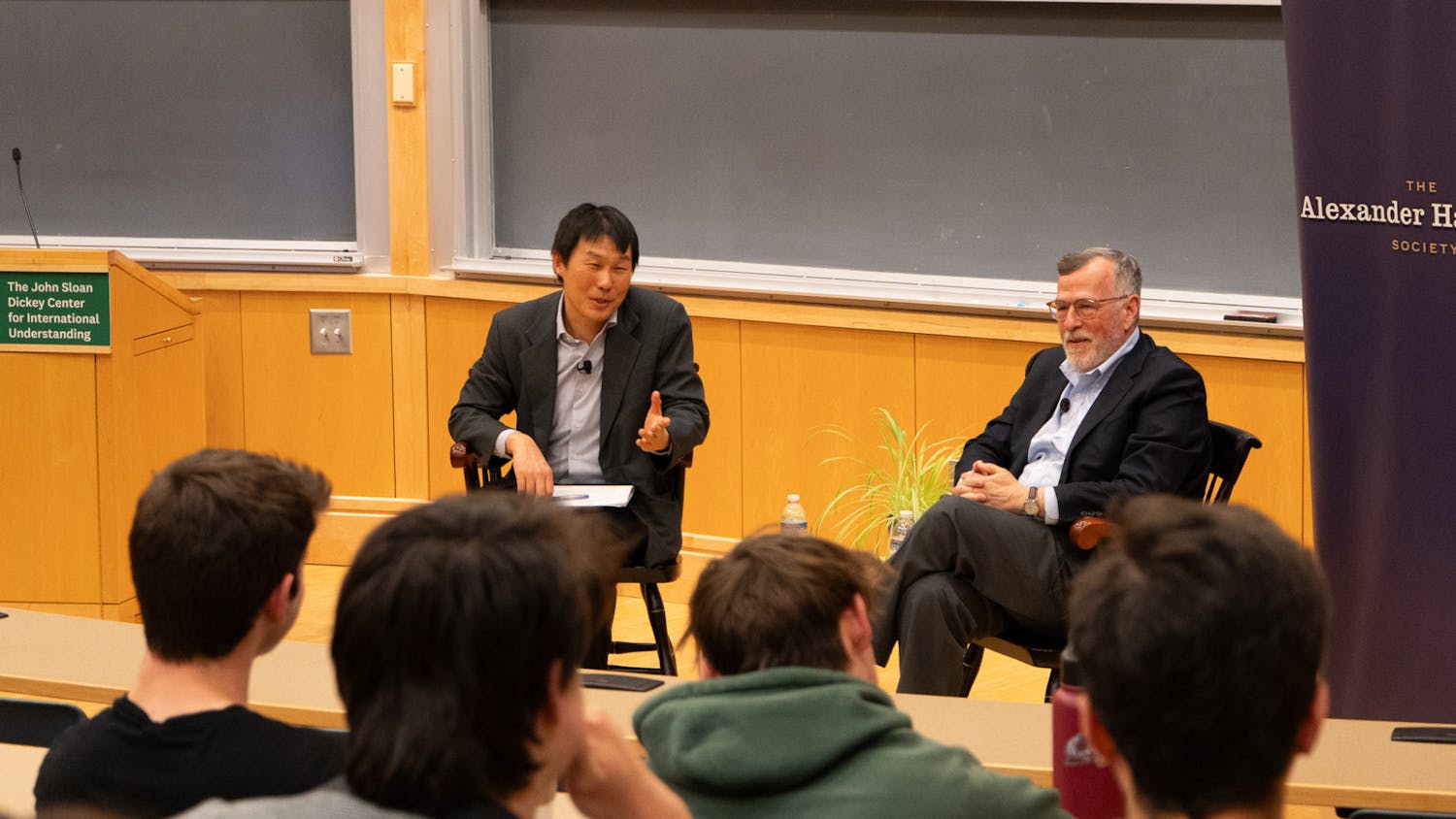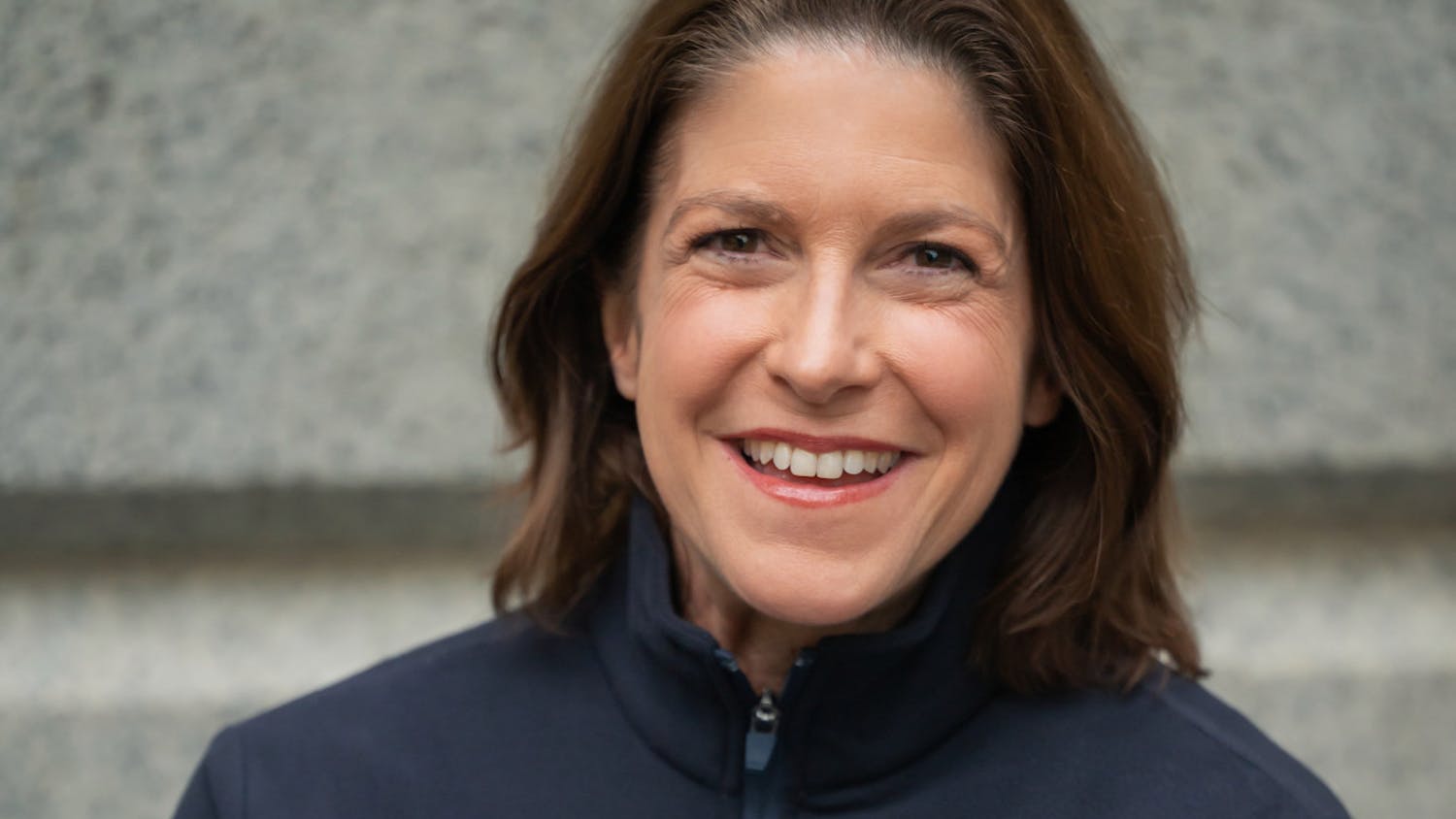Staci Mannella ’18 is a member of the U.S. Paralympian team that will be competing in Pyeongchang, South Korea beginning on March 9. Mannella suffers from achromatopsia, which causes partial blindness and sensitivity to light. In 2014, Mannella finished sixth in slalom and giant slalom at the Sochi Paralympic Games. Last year, she earned her first podium at the World Championships with a bronze medal finish in the super combined. In addition to skiing, Mannella is a member of the Dartmouth equestrian team.
How did it feel to qualify for the Paralympics in Pyeongchang?
SM: I was pretty stoked. I had sort of a weird season with some injuries, so I wasn’t really sure. I was definitely qualified to go; it was just whether or not I was going to be healthy enough to ski. Making the team was definitely exciting because I have gotten through a lot of different things. My goal has been to make the team for a while now. I skied at Sochi and have been skiing with a new guide since I started at Dartmouth, right after Sochi. Obviously qualifying is always the goal, but I was lucky that I was in a position that I wasn’t too worried about qualifying.
What was your favorite memory or moment from Sochi?
SM: I think what sticks out most is kind of cliché but walking into the opening ceremonies was a really cool experience. To be able to walk in with your country and to have that much energy in the room was amazing. I think realizing how bigger than life being at the Paralympics and being part of an event that brings so much energy and so many people together is just exciting for me. We don’t get to see that too often on the normal World Cup circuit. Being a part of something that everyone in the world is interested and is so unifying is really powerful. It brings everyone together for a common goal.
What is it like balancing competitive skiing, the equestrian team and your schoolwork?
SM: I think a lot of people view their social life as a break from studying. I do that to a certain extent, but I use my gym time and my time that I go to practice as time that I spend away from studying. Other than that, I work really hard. Everyone does; you have to or you don’t pass. I study a lot, and sometimes I’m a little compulsive about how much I’m studying. Sometimes I need to take a step back and take a little bit of a break. It’s always a time management struggle.
What is it like being on the equestrian team and riding horses with a vision impairment?
SM: They give me a little bit of freedom because a horse can see, and a horse isn’t going to purposely run into a wall. They’re going to jump over the fence they’re not going to crash right through it, so that’s nice for me. I can see a little bit and so usually when I’m riding a horse as I approach the jump I can start to see, which is helpful. I love the horses. They’re not going to run into something. When I ski, I’m following someone, so I have an extra pair of eyes that are never going to fail me.
Do you have any expectations or goals for this year’s games?
SM: The goal is to be on the podium. I really want to be happy with my performance. I’ve been working really hard. I was a bit off this past season, but I’ve come a long way in the last four years and I’m hoping that that will show in our results. Ultimately, I want to be on the podium, and I want to win — every athlete wants to win. I want to walk away feeling like I skied my best and left it all out on the hill out and enjoyed the moment too.
This interview has been edited and condensed for clarity and length.



